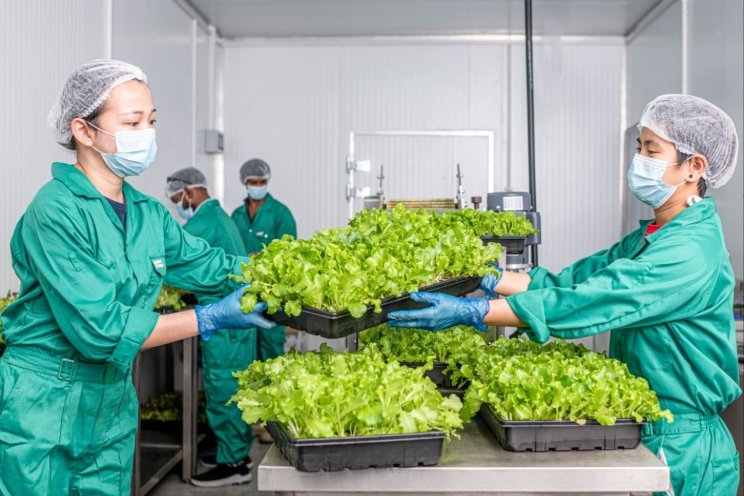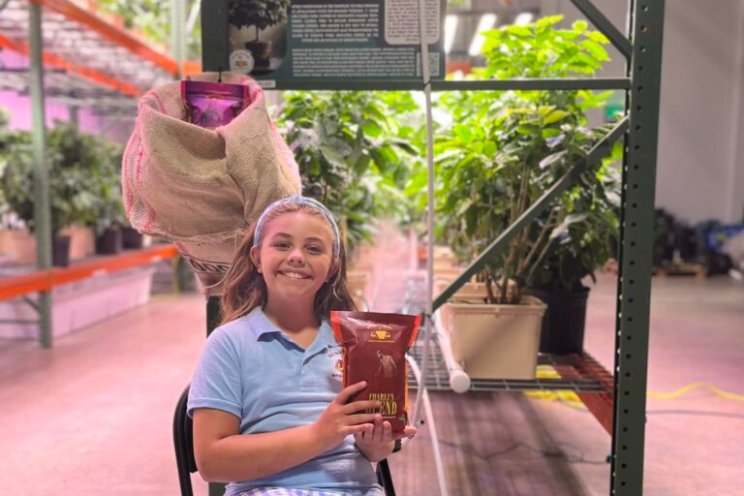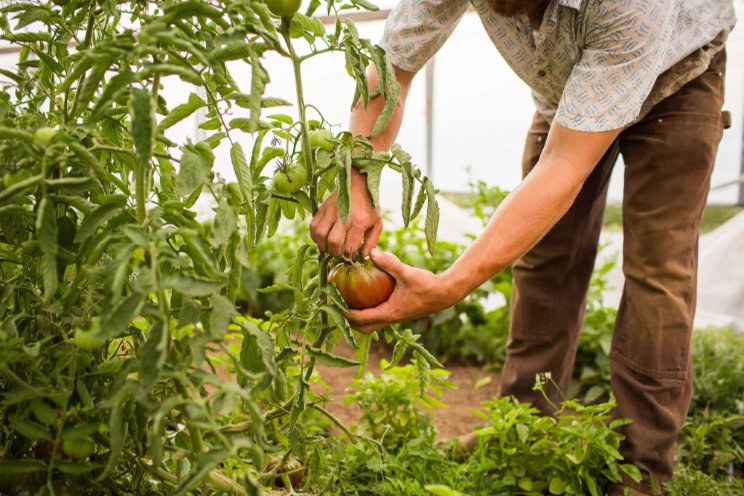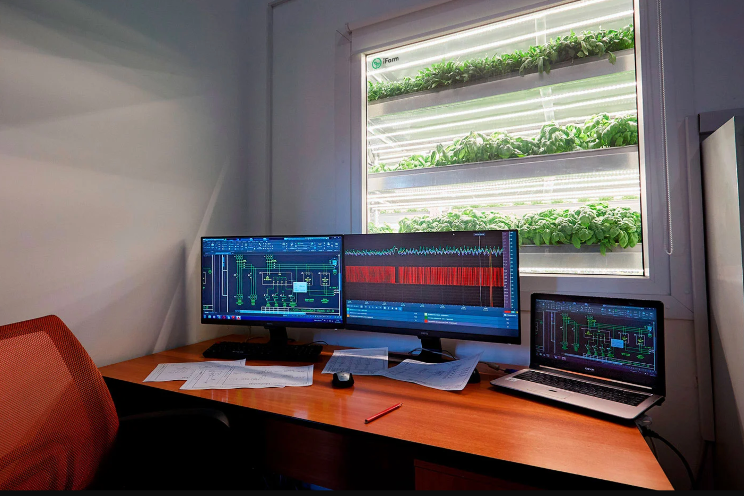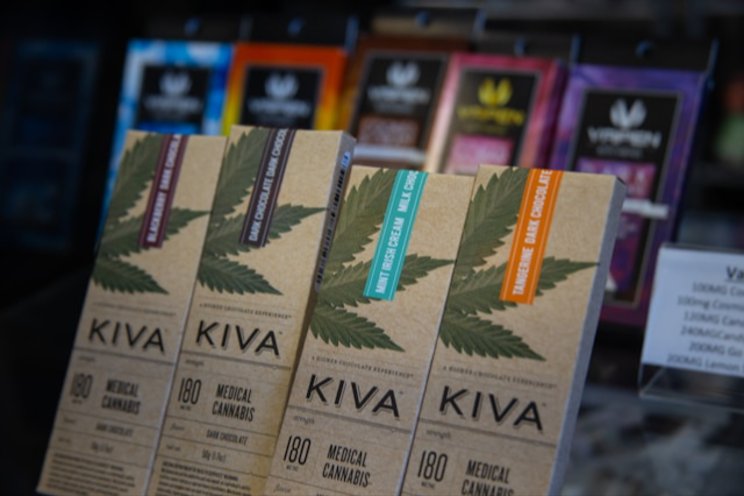Crop protection sector study Netherlands-Vietnam
Added on 12 November 2021

The use of agrochemicals in the Vietnamese horticulture sector
Vietnam is facing serious challenges concerning the amount and toxicity of the pesticides used in horticulture. Improper use of pesticides by farmers (including excessive dosages, cocktailing of pesticides, and inadequate pre-harvest intervals) has contributed to environmental and health problems. Increasing imports of newly formulated (and safer) pesticides have not yet replaced or reduced highly toxic pesticides with low efficacy. According to general calculations, promoting organic agriculture would help Vietnamese agricultural products increase in value by 1.5-1.8 times as compared to conventional production.
The Vietnamese market is expected to professionalize and increase horticultural export. Market opportunities include the increasing consumer demand for safe food, grower's demand for technological advancement, and active government support. Furthermore, the EU-Vietnam Free Trade Agreement (EVFTA) eliminates import tariffs and lifts existing market access barriers.
The Dutch market for alternatives to agrochemicals
Unlike chemical or synthetic products, biological products ('biologicals') are comprised of naturally occurring materials, often living organisms. The Netherlands has expertise in biological crop protection, biofertilizers, biostimulants, and (farming) methods to reduce the usage of agrochemicals, making the Dutch private and public sector well-positioned to help Vietnam deliver tangible results in improving the responsible use of crop protection products. Collaboration between parties, as well as knowledge sharing and demonstrations, are essential for successful market entry in Vietnam.
Overcoming market barriers
At present, the professionalization of the Vietnamese horticulture sector is restrained by limited knowledge of integrated pest management (IPM). This limits the uptake of alternatives to agrochemicals and makes it difficult for growers to perceive the need to invest in technological advancements. Other barriers for Dutch companies looking to advance their business in Vietnam include the relatively small-scale farms and low level of technology, as well as restrictions on the import of products.
An important step to reduce the use of agrochemicals in Vietnam is to enable interested Dutch companies to collaborate on entering the Vietnamese market. Several Dutch companies are eager to collaborate in advancing the Vietnamese horticulture sector. They perceive a largely unfulfilled demand, and therefore less competition and a large growth opportunity. Through collaboration in a consortium or PPP, companies from different parts of the value chain can offer one complete solution to Vietnamese growers and help growers see the effects of improved methods through demonstrations. Training programs and demonstrations will enhance knowledge (both in growing techniques and post-harvest), which will naturally lead to an increased uptake of biologicals and technology.
Click here to read more.
Photo created by aleksandarlittlewolf - www.freepik.com
Source: Ag News
More news

